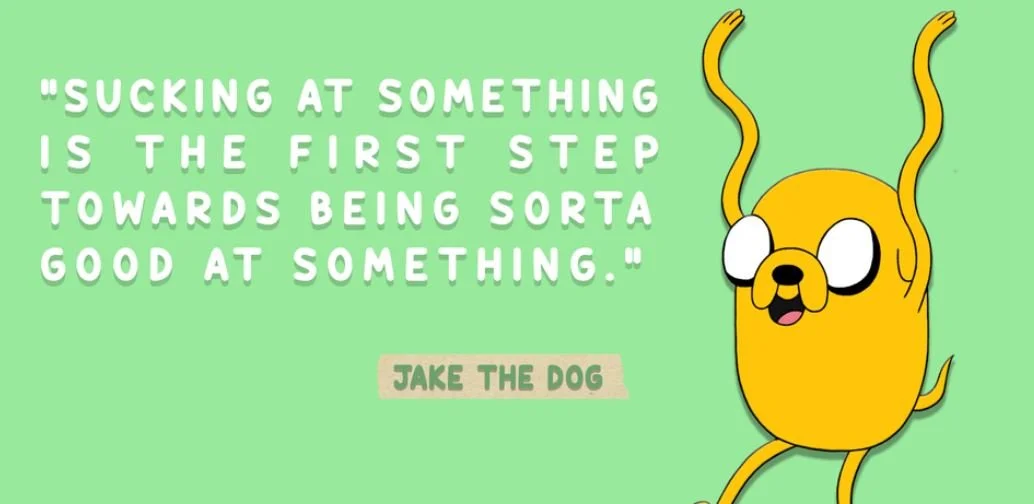How to develop a ‘Growth Mindset’
What is a Growth Mindset?
This is a term developed by Psychologist Carol Dweck, who named two different types of mindsets - Fixed mindset and Growth mindset . These terms describe the sets of beliefs that people have about their abilities to overcome challenges, deal with stressors, and manage obstacles. A common theme is that when we assume a fixed mindset, we assume qualities such as intelligence, character, and ability are stable and cannot be changed. However when we assume a growth mindset, we believe these qualities can be improved with effort, viewing challenges and obstacles as natural and part of learning, and necessary to succeed!
Why is this important to have? Because when we view situations with a growth mindset it means that we are more likely to succeed in a number of life areas (academically, at work, even in relationships). We tend to be more motivated to learn, and the most importantly we become less discouraged by challenges. In contrast, with a fixed mindset, we might avoid challenges because of the fear of failure, or feel inevitably like we will fail (who wants to do something that causes these feelings?!).
For the most part, mindsets are not static or rusted on and they can be changed, although this does take conscious effort and energy. Scepticism can be a good thing as it warns against potential threat, but a consequence of holding a long term fixed mindset is that it might reinforce pessimistic patterns of thinking, or negative cognition, and this can lead to assuming the worst before even trying. This can result in a number of avoidance, or surrendering behaviours such as self sabotaging behaviour, procrastinating, self criticism, and feelings of regret and guilt. These need to be dealt with in some way, which is often seeking comfort in familiar behaviours, which can lead to avoidance of new experiences, and self fulfilling prophecies of failure, or poor performance (e.g. Negative belief connected to fixed mindset of ability - “I’m going to fail the test because i can’t learn the information” > no further attempts to re-learn information such as seeking support as this triggers fear, discomfort, and anxiety > fail test > confirmation of negative belief and reinforcement of fixed mindset). When this pattern becomes reinforced over time, then it becomes hard to change, but not impossible!
One of the biggest things that can be done to help change mindset is self-awareness. That is listen to the mindset voice, ask yourself why this pattern plays out, and what you can do to change it. Become aware of the internal commentary that happens, and notice what happens to this when you challenge the avoidant behaviour. A quote that i love from the TV show Adventure Time is “Sucking at something is the first step to becoming kinda good at something”. This means that the cost of entry is embarrassment! But after we learn that it doesn’t hurt as bad as the anticipation, we become better, and better, until the fear is gone, and all that’s left is confidence in our ability. This is literally the practice makes perfect. Remind yourself that it is normal to have negative thoughts, everyone experiences failure along the way, but it is how we deal with these failures that determines how we respond next time, and that leads to the inevitable wins.
